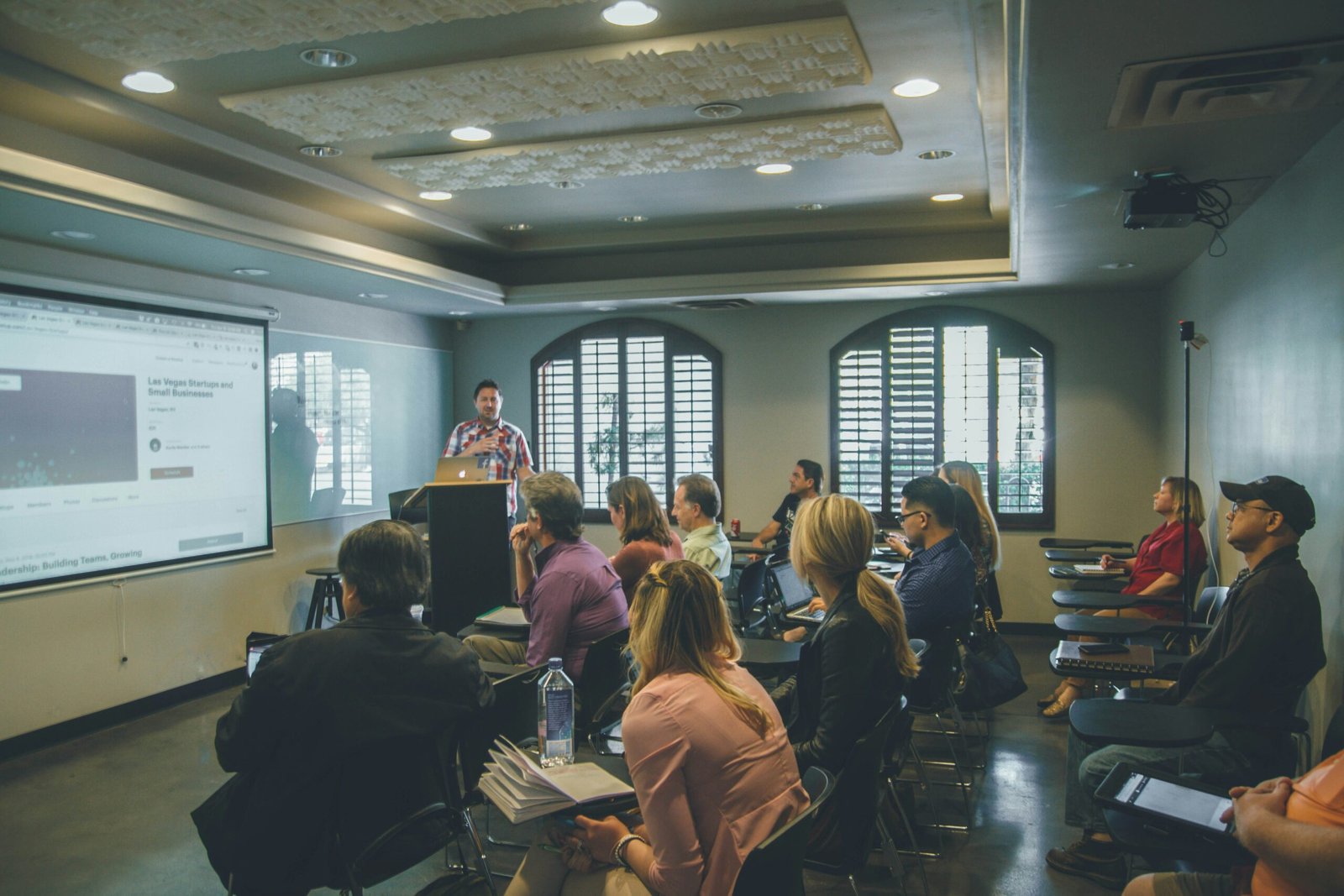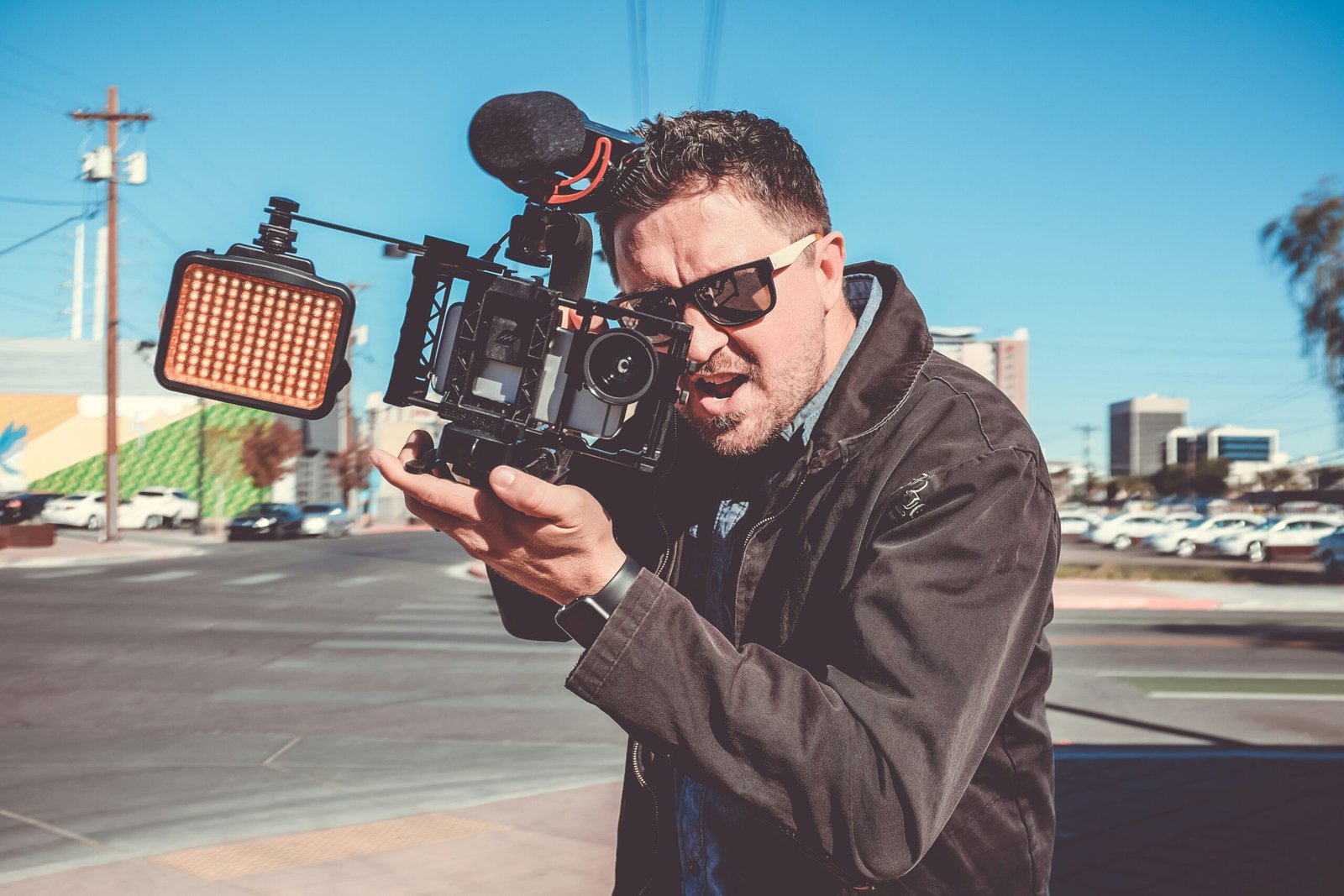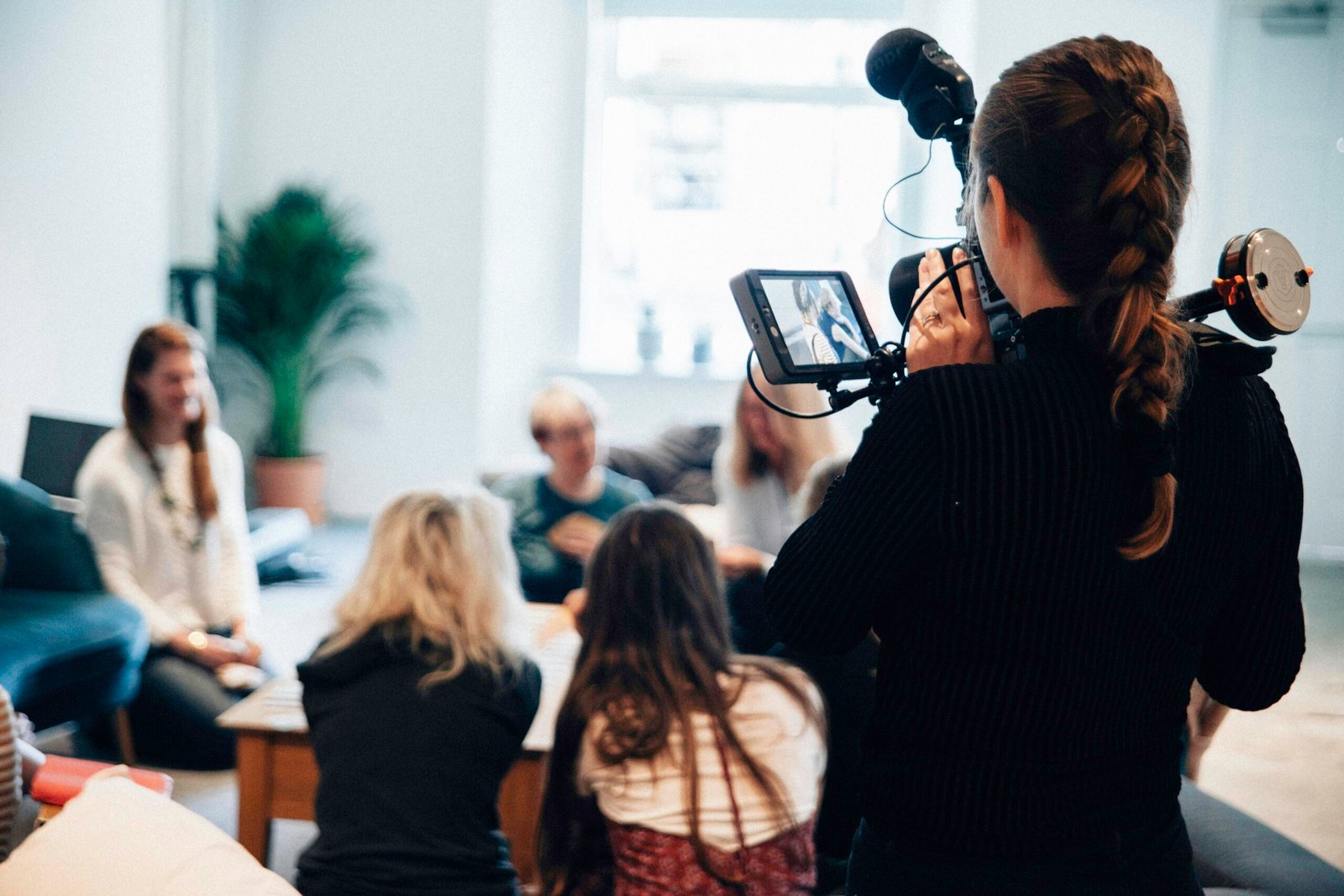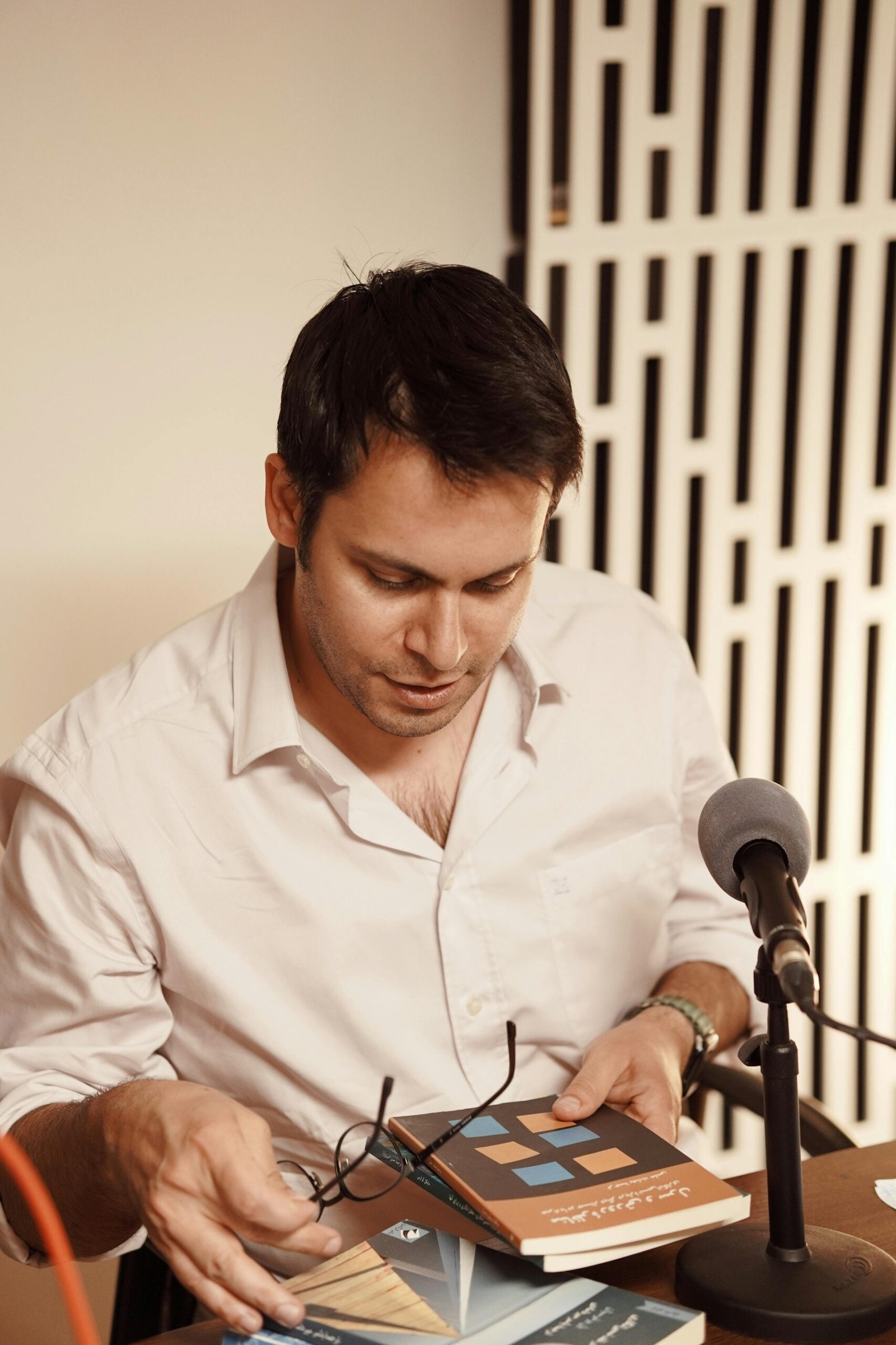When it comes to job interviews, effective communication can make all the difference. Our article, “Effective Communication Tips for Job Interviews,” offers invaluable guidance on mastering this crucial skill. From starting off with appropriate small talk to matching your communication style with your interviewer, we cover all the essentials. Learn how to avoid common pitfalls such as talking too much or interrupting, and discover the importance of addressing your interviewer by name and steering clear of jargon. With these six top tips, you’ll be able to navigate your interview with confidence, leaving a lasting, positive impression on your potential employer. Have you ever wondered what it takes to communicate effectively in a job interview? It can be a game-changing skill that makes a significant difference in getting the job you want. Job interviews are not just about showcasing your qualifications; they’re about how well you can articulate those qualifications. Let’s delve into some effective communication tips to make your next job interview a resounding success.
Effective Communication Tips for Job Interviews
Effective communication during a job interview can be the deciding factor between landing the job or continuing your search. Here are six key communication tips to get you started.
1. Start with Some Appropriate Small Talk
Often, job interview communication begins with some small talk. This phase is an opportunity to set a positive tone.
Why Small Talk Matters
Small talk breaks the ice and helps both you and the interviewer feel more comfortable. It’s an initial step toward building rapport.
Tips for Engaging in Small Talk
- Respond in a conversational tone but avoid over-communicating.
- Keep it positive; avoid discussing problems such as bad traffic.
- Have a couple of polite conversational remarks ready, such as commenting positively on the building or surroundings.
- Prepare these remarks while waiting for the interviewer.
2. Address the Interviewer by Name
Knowing how to correctly pronounce the interviewer’s name and using it appropriately can make a big difference.
The Importance of Names
Using the interviewer’s name can make the interaction more personal and respectful.
Tips for Addressing by Name
- Confirm the pronunciation beforehand if you’re unsure.
- Avoid abbreviating names unless invited to do so (e.g., don’t call Robert “Bob” unless he asks you to).
- It’s advisable to address interviewers formally until they suggest otherwise.

3. Match Your Communication Style to the Interviewer
Matching your communication style to that of the interviewer can help you establish a better rapport and ensure smoother communication.
Why Matching Communication Styles is Essential
Adapting to the interviewer’s style shows flexibility and attentiveness, both highly valued traits.
Tips for Matching Communication Styles
- If the interviewer is business-like, be concise and professional.
- If the interviewer appears more informal and chatty, reciprocate while maintaining respect.
- Always let the interviewer set the tone, remembering that you’re in a professional setting.
4. Don’t Talk Too Much
A common mistake in interviews is talking too much. Effective communication means being concise and relevant.
The Perils of Over-Communicating
Talking too much can lead you off-topic and make you seem unfocused.
Tips for Keeping It Concise
- Listen carefully to the question being asked.
- Ensure you’re clear on what’s requested before responding.
- Keep answers focused and to-the-point.
- If unsure about a question, ask for clarification instead of guessing.

5. Avoid Interrupting the Interviewer
One of the cardinal rules of communication in interviews is to avoid interruptions.
Why You Shouldn’t Interrupt
Interrupting can come off as rude and unprofessional. It’s crucial to let the interviewer complete their thoughts.
Tips for Ensuring No Interruptions
- Allow a pause before you start speaking to ensure the interviewer is finished.
- Take a moment to think about the question before answering.
- This approach also helps you avoid verbal fillers like “umm” and “you know.”
6. Avoid Jargon and Acronyms
Using jargon can often do more harm than good in an interview setting.
The Downside of Jargon
Interviewers may not be familiar with jargon, and its use can make you seem pretentious or unclear.
Tips for Clear Communication
- Speak simply and clearly to make your points.
- If industry-specific terms are necessary, briefly explain them.
- Pay attention to the interviewer’s body language to gauge if they understand your points.
Reassess If Necessary
If you see that the interviewer appears confused or distracted, refocus the interview by asking a clarifying question like, “Has that answered your question, or is there something else you would like to know?”

Additional Communication Tips
Reassess Your Non-Verbal Cues
Remember, your non-verbal communication is as crucial as your verbal responses.
Tips for Positive Body Language
- Maintain good eye contact.
- Sit up straight and lean slightly forward to show engagement.
- Avoid crossing your arms to come across as open and approachable.
Practice Common Interview Questions
You may be asked about your communication skills directly in an interview. Preparation is key to responding confidently.
Examples of Communication Skills Questions
- “Can you describe a time when you had to explain something complex to a colleague?”
- “How do you handle misunderstandings at work?”
How to Answer
Provide specific examples using the STAR method (Situation, Task, Action, Result) to showcase your communication prowess.
Preparing the Day Before
Good preparation the day before your interview can boost your confidence and ensure effective communication.
Tips for Pre-Interview Preparation
- Review common interview questions and your answers.
- Lay out your outfit to ensure it’s appropriate for the role.
- Ensure you have all necessary documents organized and ready.
Closing the Interview
Closing statements can leave a lasting impression on the interviewer.
Tips for Closing Statements
- Reiterate your interest in the role and why you’re a good fit.
- Thank the interviewer for their time.
- Ask about next steps in the interview process.
Asking the Right Questions
Effective communication is a two-way street. Ask pertinent and thoughtful questions showing your genuine interest in the role and company.
Examples of Good Questions to Ask
Questions about the Job
- “Can you describe a typical day in this role?”
- “What are the most immediate projects that need attention?”
Questions about the Company
- “What are the company’s goals for the upcoming year?”
- “How would you describe the company culture?”
Questions about Management
- “How is feedback typically given in this team?”
- “Can you tell me about the team I will be working with?”
Communicating from a Distance: Skype and Zoom Interviews
Distance interviews demand specific communication techniques, especially with the advent of Skype, Zoom, and other video conferencing tools.
Tips for Effective Distance Communication
- Test your technology well before the interview to avoid glitches.
- Choose a quiet, well-lit spot for the interview.
- Dress professionally, just as you would for an in-person interview.
- Maintain eye contact by looking at the camera, not the screen.
- Limit distractions to ensure your focus is purely on the interview.
Final Thoughts
Successful interview communication starts the moment you enter the company and continues throughout the interview process. Make the right impression from the start by being prepared, confident, and clear in your responses. By following these key tips, you’ll be well on your way to acing your next job interview.
Feel free to revisit and practice these tips regularly; effective communication is a skill honed over time. Good luck with your next job interview!













